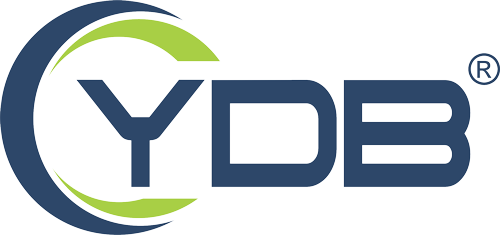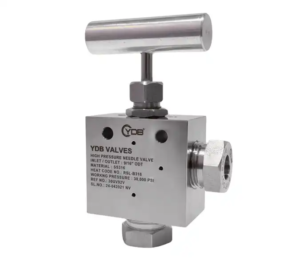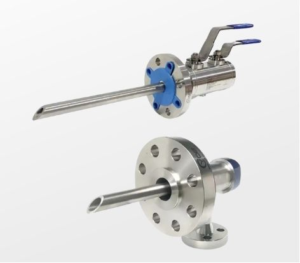In process industries, accuracy and safety are everything. Whether measuring pressure, controlling flow, or sampling fluids, the smallest error can lead to inefficiencies, costly downtime, or safety risks. This is where instrumentation valves play a critical role. Designed for precision, these valves ensure accurate flow measurement, tight shut-off, and reliable performance in even the most demanding environments.
The role of instrumentation valves in industrial systems
Instrumentation valves regulate, isolate, or bleed process lines so instruments can deliver accurate readings and control functions. From pressure gauges to transmitters, these valves provide the essential interface between process media and measuring instruments.
For example:
- Gauge isolation valvesensure reliable readings without risking leaks or contamination.
- Needle valves, including high-pressure needle valves, offer fine flow adjustments in critical systems.
- Sampling valvesallow safe and precise collection of process fluids for quality checks.
New concept instrumentation valves: advancing precision
At YDB Valves LLP, we manufacture new concept instrumentation valves designed to meet evolving industry requirements. These valves combine compact design, leak-proof performance, and materials built for aggressive fluids and extreme pressure classes. With features such as double block and bleed configurations or monoflange integration, they minimize leak paths while maximizing efficiency.
In industries such as oil and gas, pharmaceuticals, power, and petrochemicals, these innovations reduce the risk of failure and deliver consistent, traceable results.
Design types and material considerations
The design of an instrumentation valve depends on its application:
- Ball designsare used for quick shut-off in compact spaces, often in isolation ball valves or ball valves for pipeline
- Needle designsallow precise flow control for testing or sampling points.
- Manifold valvesintegrate multiple functions to reduce installation time and potential leak points.
Material choice is equally critical. Depending on process conditions, valves may be constructed from stainless steel, duplex, super duplex, Monel, or Inconel. In some systems, forged steel valves or cast ball valves offer strength and cost efficiency.

Benefits of instrumentation valves
- Accuracy: Enables precise measurement and control of pressure, flow, and sampling.
- Safety: Prevents leaks and protects instruments in high-pressure or corrosive systems.
- Efficiency: Compact, multi-function designs reduce space and simplify installations.
- Reliability: Precision-engineered valvesensure consistent performance over long-term use.
Applications across industries
Instrumentation valves are widely used in:
- Refineries and petrochemical plants for critical flow control.
- Power plants where system efficiency depends on precise monitoring.
- Chemical and pharmaceutical industries wherecontamination-free sampling is required.
- Offshore and marine environments where durability is essential.
Why choose YDB Valves LLP for instrumentation solutions?
At YDB Valves LLP, we design and manufacture precision-engineered industrial valves tailored to specific applications. Our range of instrumentation valves and new concept instrumentation valves is built to deliver accuracy, safety, and reliability in the toughest conditions.
With ISO-certified processes, rigorous testing, and engineering expertise, we help industries minimize downtime while maximizing control and performance. Whether your needs include manifolds, block and bleed solutions, or specialty designs, our valves are manufactured to international standards and built for long-term value.
Choose YDB Valves LLP as your trusted partner for precision flow control. Contact us today to explore our full range of instrumentation valves and discover how we can support your industrial requirements.






